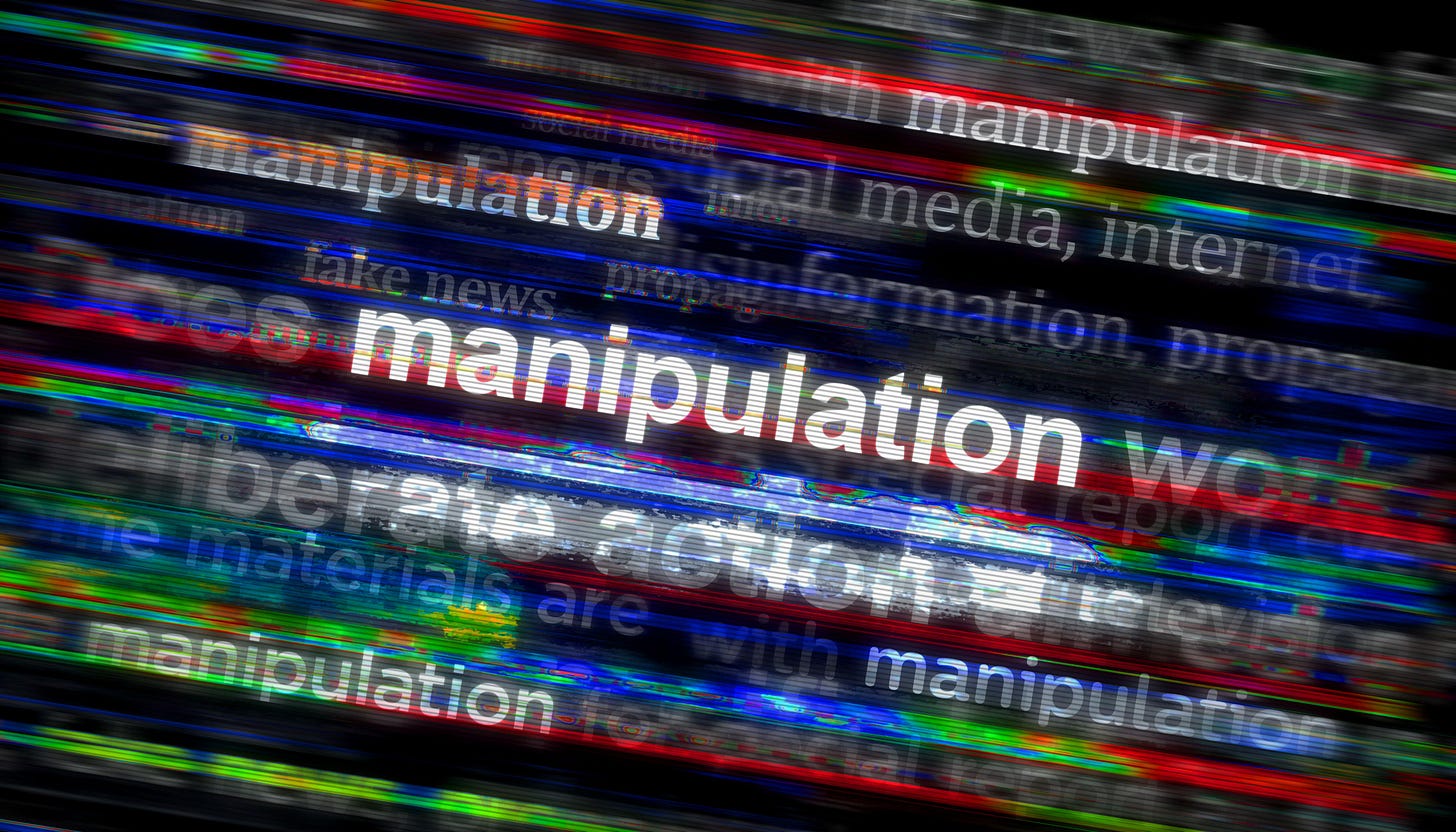2024: The Year of Democracide
Chris Ogden asks if social media, Big Tech and GenAI threaten the end point for democracy
Democracide noun: the stopping or hindering of democracy
2024 will see more national elections taking place than any other year in history. With over a quarter of the world’s population set to be affected by domestic polls, more than 50 countries are facing potential electoral changes. Scheduled elections include those among the world’s most powerful centres of power, principally in the world’s oldest and largest democracies – the United States (US) and India – as well as for the entire European Parliament and in Russia.
Other elections will take place in Ukraine, Indonesia, Egypt, Mexico, South Africa, and the United Kingdom, along with 15 others across Africa, 5 others in the Americas, 7 more across Asia (including a potential flashpoint in Taiwan), 11 additional domestic elections in Europe and 3 others in Oceania. In a continuous blur of electioneering, billions of people will vote resulting in new political configurations and rapid transformations across the world.
The Social Media, Big Tech and GenAI Troika
Crucially, these elections will take place within a global eco-system dominated by social media platforms used by billions of people to communicate. In 2023, the social media platforms with the most monthly users were Facebook (3.03 billion), YouTube (2.56 billion), WhatsApp (2.00 billion), Instagram (2.00 billion), WeChat (1.31 billion), TikTok (1.09 billion), Messenger (1.03 billion), LinkedIn (0.93 billion), Telegram (0.80 billion) and Snapchat (0.75 billion).
These billions of users are at the heart of Big Tech business models that are based upon harvesting and monetising personal data. This commercial basis and search for profits, which seeks to maximise users and data, is heightened by content that evokes anger, fear, and division. Such an environment empowers and legitimises mis/disinformation of any kind and is often largely incompatible with the right to privacy. As Amnesty International has noted, social media and Big Tech companies pose a serious risk to a range of “rights, including freedom of opinion and expression, freedom of thought and the right to equality and non-discrimination”.



